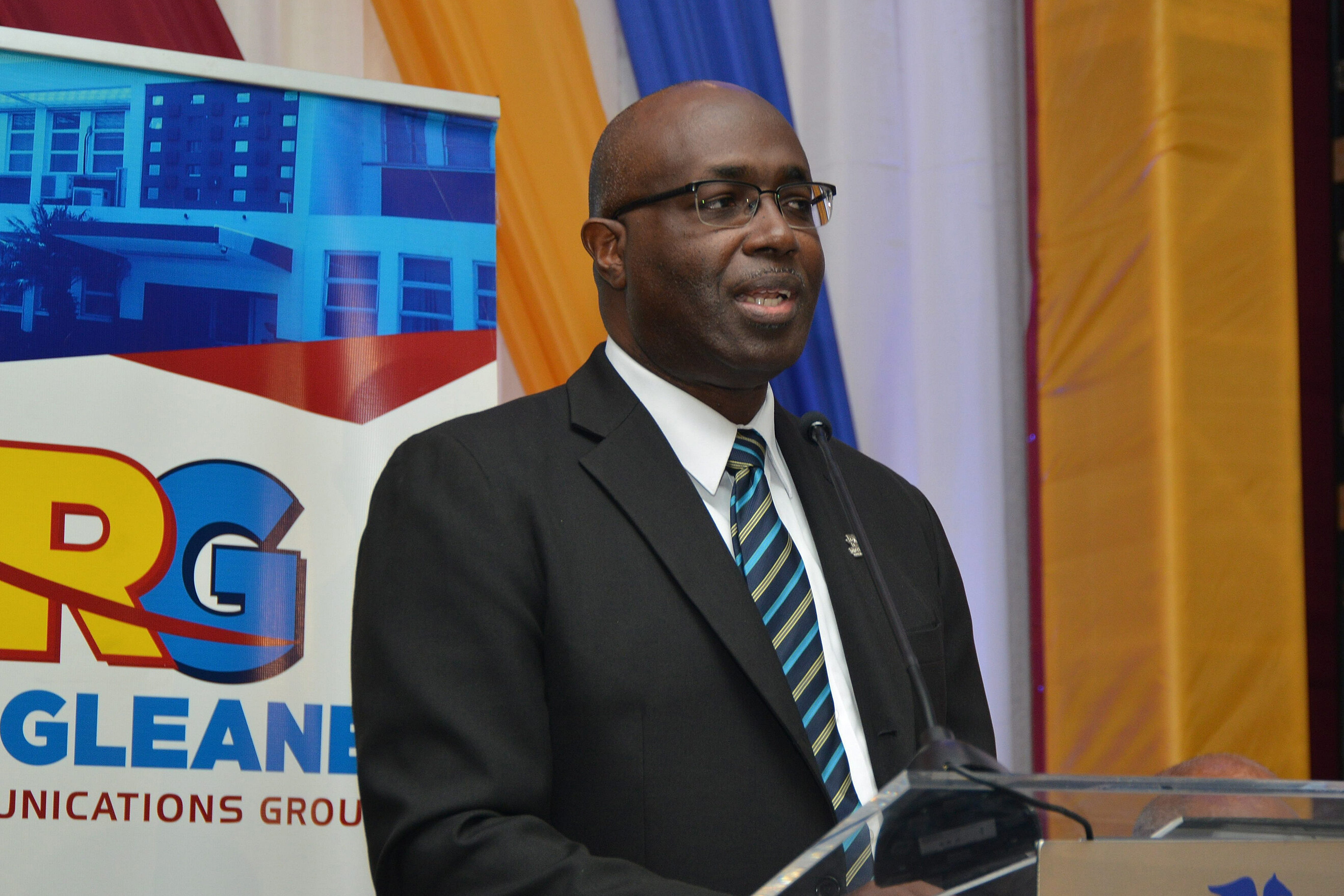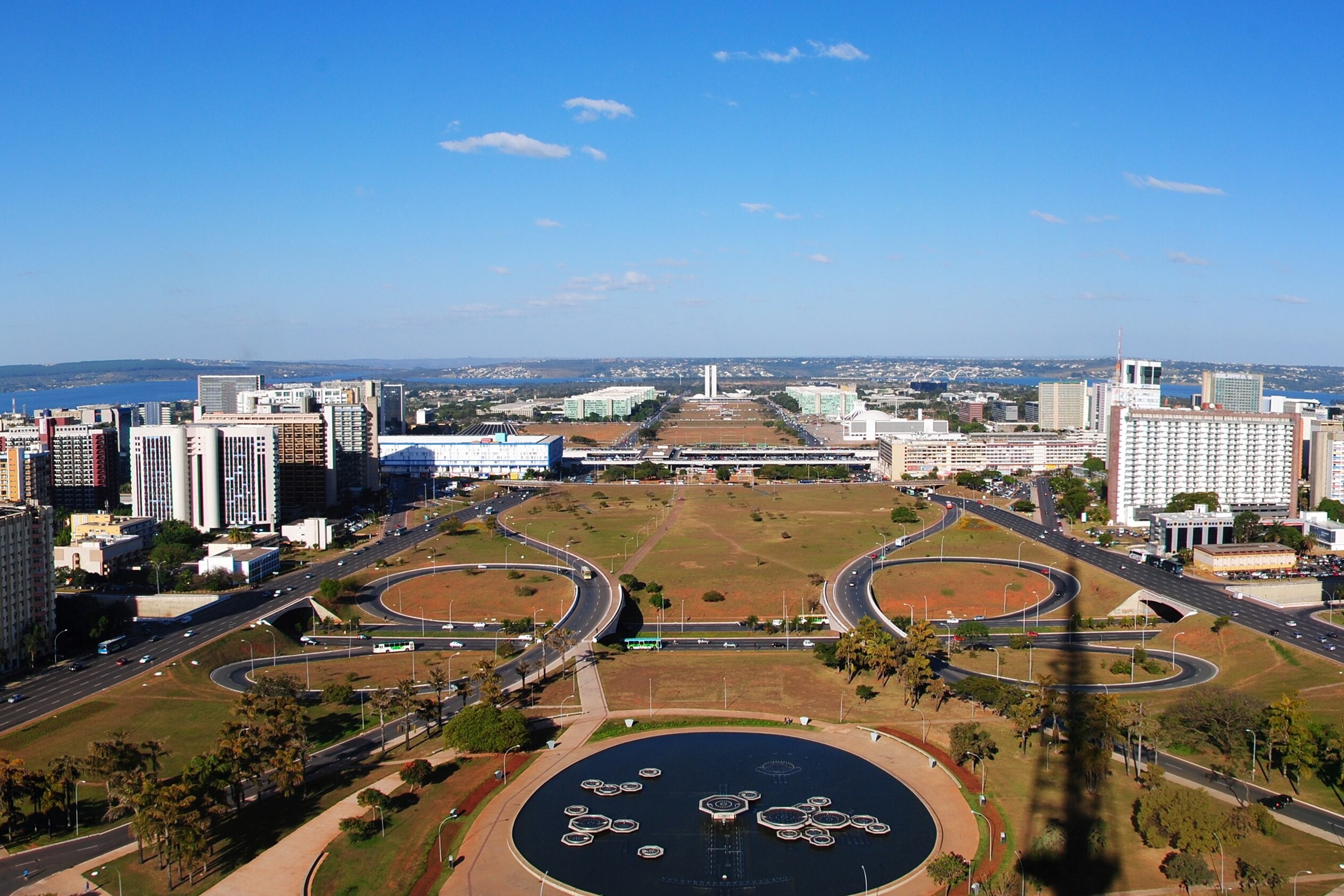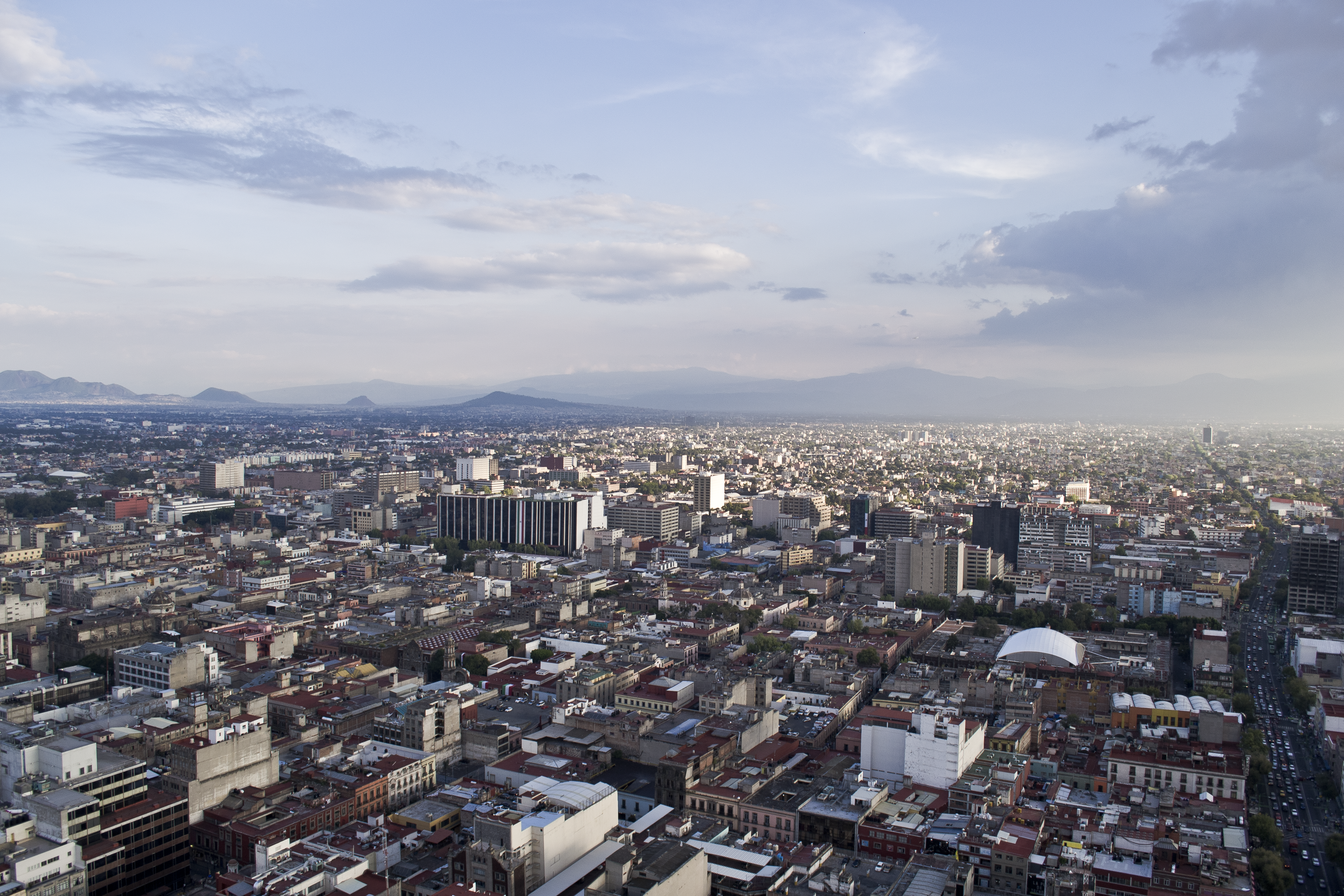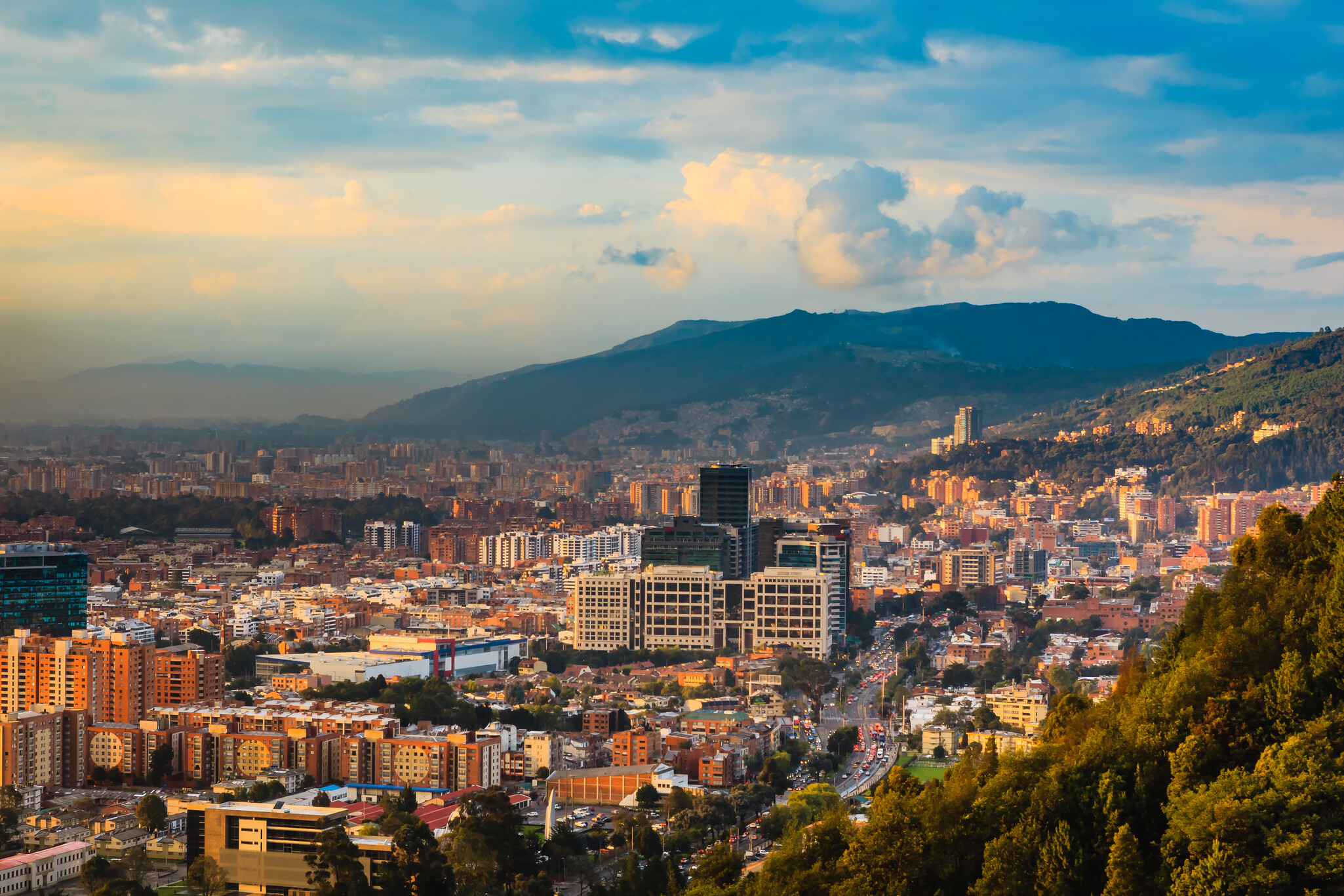By Aurora Herrera
Despite a pluralistic media environment and recent gains for improved media freedom, Haiti struggles with a lack of secure independent media outlets and protections for journalists.
Here we explore the country’s provisions for effective public interest journalism.
Haiti’s media landscape
In 1724 French journalist Joseph Payen opened his publishing house with authorisation from the King of France and produced the first newspaper in Haiti. Local journalists have posited that the French Revolution buoyed freedom of the press in Haiti.
Over fifty newspapers were in print in 1802, but now, according to a 2010 CPJ article, Le Nouvelliste is the only newspaper printed in Haiti. Le Matin is printed in the Dominican Republic, while the two Haitian weeklies, Haiti Progrèsand Haïti en Marche, and are published in New York and Miami, respectively.
These newspapers have very low circulation with Le Nouvelliste claiming approximately 18,000 readers in a country of over 11 million people. Le Matin, the country’s leading weekly, prints 10,000 copies, but half of these are distributed free.
Télévision Nationale d’Haïti (TNH),the state television broadcaster, was founded in 1956 and became Haiti’s second television station after Télé Haïti which operated on channels two and four. 31 years later it was merged with Radio Nationale to create RTNH (Radio Télévision Nationale d’Haïti), which currently runs under the Ministry of Culture.
In the metropolitan area, approximately 25 stations broadcast on the airwaves.However, radio is the main medium of communication with over 300radio stations existing throughout the country. Most of them are local, privately-owned and broadcast in Creole. The most popular radio stations are Radio Haiti (1935), Radio Voix du Nord (1945), Radio Caraibes in Port-au-Prince (1949), Radio Citadelle (1950), Radio Independence (1953) and Voix Evangelique (1953). Of these 300 radio stations, over 100 operate without licences due to a lack of steady financial resources to fund their the operations.
Public media and access
In a previous article on the upcoming PBI conference in Helsinki, the Public Media Alliance differentiated between state, public and private models of broadcasting. RTNH identifies as a state broadcaster, run by the Ministry of Culture. In the last article PMA pointed out that:
State media are funded and staffed at the upper levels by the government. Their mandate often calls for the representation of government officials and their work in a positive light. While state media has been used as a tool for nation building, it often becomes a means by which a government purveys its message to the country. State media institutions are also used to detract from members of opposition parties by pursuing and emphasising compromising news items, promoting government representatives over the opposition and also, at times, outright libel.
Whilst the amount of radio, television and newspaper outlets afford Haiti a pluralistic media landscape, RTNH has been accused of being used for government support. The National Telecommunications Council (CONATEL), which is responsible for issuing broadcast licenses solely on the basis of technical considerations, is also seen as a threat to the spread of information. Radio stations that air critical reports on the government have faced attempts to raise their broadcast license fees. In 2014, they threatened to sanction stations that “broadcast false information liable to disturb order, destabilise the Republic’s institutions and attack the integrity of many citizens.” According to a 2016 Refworld report, CONATEL has shut down more than 50 community radio stations since 2012 on the grounds that they were operating illegally with improper licenses. In 2013, 10 of the stations appealed their closure and applied for legitimate licenses, but they were denied, with CONATEL allocating their frequencies to new stations.
Haiti’s literacy rate is approximately 61% with most of the literate population living in urban areas. Relying on information from an external or third party source makes everyone vulnerable. The UN Declaration of Human Rights espouses the basic right to access information as a primary human right. If information needs are not fulfilled, social inequality can arise as those who have more access to information have more choices as well as more opportunity to execute those choices as they see fit. A UNAID report outlines the results of these challenges saying, “Entire sections of the Haitian countryside remain largely cut off from electricity, access to cell and communications networks and, in some instances, inaccessible even to radio broadcasts. These communities are effectively denied their right to participate in their government and hence, their own development.”
Radio stations in Haiti are, by reach, the best medium to service the population’s information needs and therefore, paramount to preventing information poverty and equalising social opportunity.
A very brief history
Located in the Greater Antilles of the Caribbean archipelago, the island of Hispaniola is divided into two sovereign countries, Haiti and the Dominican Republic, reflecting the historical French and Spanish occupation of the most populous island in the Caribbean.
Hispaniola was claimed for the Spanish crown in 1492 and remained under their influence until 1660, when the French took control of what is modern day Haiti. A slave revolt in 1791 was the genesis of the island’s proclamation of independence in 1804. They are the first freeblack republic in the world and the first country in the Western hemisphere to abolish slavery completely.
A history of severe flooding and devastating earthquakes claiming hundreds of thousands of lives coupled with political instability has stunted the country’s growth. Haiti’s 2018 GDP was 8.91 billion USD. The national poverty rate in 2018 was 58.5% and the extreme poverty rate was 25.0%.Haiti is the poorest country in the Western Hemisphere. The current president is Jovenel Moïse, who took office on February 7, 2017.
The journalism industry
The Haitian journalism industry echoes the same conditions of many developing countries. The socio-historic concentration of wealth among a small number of Haitians, coupled with the effects of the devastating 2010 earthquake, have had extensive ripple effects stymying advertising revenue streams for media outlets and handicapping their ability to support themselves financially.
According to an Internews summary, few organisations make a profit and their staff are typically underpaid. Journalists in commercially viable radio stations earn between $100 and $250 a month. This introduces the risk of journalists accepting bribes to skew news coverage. Many journalists hold multiple jobs, some of which create significant conflicts of interest.
Reporters Without Borders (RSF) says the output of privately-owned media is strongly influenced by their owners and that journalists “suffer a cruel lack of financial resources”. Previous President Michel Martelly’s administration was criticised for handing out envelopes of cash to journalists at a 2014 Christmas reception. Low pay also results in more experienced and senior journalists leaving for more lucrative jobs, relinquishing complex responsibilities to rookie reporters.
Low pay also results in more experienced and senior journalists leaving for more lucrative jobs, relinquishing complex responsibilities to rookie reporters.
Journalism training is not pervasive as Haiti still lacks a good school of journalism to provide basic training. According to the Internews summary, several private institutions offer courses in journalism and communications, but most of these are regarded as expensive and substandard. Quisqueya University’s Department of Communication plans to introduce a two–year diploma course in journalism and currently offers a Masters in Journalism, in partnership with a respected French journalism school; the Centre de Formation et de Perfectionnement des Journalistes (CFPJ) in Paris.
However, media owners and news editors are reluctant to release their staff from normal duties for training or workshops, unless financial incentives to do so are offered.
According to a UNAID report, international organisations like Internews and the radio service of the United Nations’ peacekeeping force, Minusta FM support Haitian efforts. Minusta FM broadcasts nationally through eleven local partner radio stations, with a focus on development and stability-related contents.
The Office of Transition Initiatives (OTI) also funded Internews to establish the first humanitarian information-focused radio programme in Haiti, “Enformasyon Nou Dwe Konnen- ENDK (Kreyol for ‘News You Can Use’). For nearly three years, ENDK produced daily, 15-minute humanitarian new information shows for broadcast throughout Haiti. Also, in order to augment advanced news reporting capacities, Internews incorporated news production and professional journalism training as integrated components of the ENDK and emergency communications campaigns.
Legal parameters
According to a 2016 report by Freedom House, Haitian media associations and journalists signed the first journalistic code of ethics in December 2011. The code included clauses pertaining to respect for individual dignity and privacy, prohibiting discrimination in journalistic work, and encouraging an unbiased and balanced treatment of information.
The same Freedom House report quotes that, Haiti’s constitution also protects the right to express opinions freely “on any matter by any means.” Legally, censorship of the media is prohibited except in cases of war, and journalists cannot be compelled to reveal their sources. However, the report points out that legal protections for freedom of the press are undermined in practice “by the weak and under resourced law enforcement and judicial system.” An example of this is the 1997 enactment where all airwaves were proclaimed to be the property of the government.
Haiti has not adopted freedom of information legislation
Defamation can be treated as both a civil and a criminal matter, meaning journalists can face civil fines as well as imprisonment. Some forms of criminal defamation, including insults against public officials, are punishable with up to three years in prison. Only a few criminal defamation cases against journalists have advanced beyond the initial charge but the atmosphere continues to be “chilled” with threats.
One further complication is that Haiti has not adopted freedom of information legislation. The constitution requires the publication of all laws and decrees “on everything affecting the national life, except for information concerning national security.” Haitian and foreign journalists have reported that it is nearly impossible to obtain government documents and data in practice, with officials obstructing access for those whose work had been particularly critical of the Martelly administration.
Censorship and violence
Even though Haitians have access to news and information that reflect a diversity of viewpoints thorough radio and television, government attempts to influence media content are common. As mentioned earlier, bribes have occurred, and licenses have been taken away. Journalists also self-censor because of an aversion to damaging the social, economic or political connections and interests of their employers or funders and also because of intimidation and violence towards the community.
Haiti currently ranks 62nd on the Reporters without Borders freedom index, down 2 places from 2018. RSF states, “Despite recent changes in Haiti’s media freedom laws, journalists suffer from a cruel lack of financial resources, an absence of institutional support and difficulty in accessing information. And some continue to be the victims of intimidation or physical violence, especially while covering protests.”
As Freedom House says, “Haiti’s media environment is pluralistic, but journalists face challenges including impunity for physical violence and threats, government and partisan influence, and entrenched poverty that makes it difficult to sustain independent media outlets.”
The severe lack of infrastructure in Haiti has had a domino effect on its other institutions and created a precarious environment for journalist to perform their duties. After an event like the devastating 2010 earthquake, the importance of the availability of public interest media becomes fundamental to survival.
In times of emergency, citizens need access to accurate information. Also, in times of peace and stability citizens also need access to accurate information provided by independent media outlets because they have a right to enjoy full participation in the affairs of their country.
Without independent media, the public of Haiti will not be able to experience authentic representation by their government officials nor will they be able make steady and sustainable democratic choices. This is painfully exemplified by the recent protests against President Moïse, which claimed the life of one journalist and sent a chilling message to all invested in a free and independent media.
‘Focus on PSM’ brings together stories and provides insight from regions experiencing periods of heightened debate about the role of public media, media independence and media freedom.
Header Image: Les Jalousies Port-au-Prince. Credit: LucDuguay/iStock
Related Posts
16th August 2019
CBU President calls for media engagement in policy and framework decisions
As the Caribbean Broadcasting Union…



